Does Piano Playing Really Help Your Brain?
Does blood flow to the brain increase after musical training such as piano playing?
Read this interesting article titled “Music Impacts Our Brains: Blood Flow Increases After Musical Training” at http://www.scienceworldreport.com/articles/14609/20140510/music-impacts-brains-blood-flow-increases-musical-training.htm

There are many skeptics that don’t necessarily believe that piano playing helps brain function. The reality is that music in general whether playing it or listening to actually has many benefits to the brain and overall cognitive function as well as emotional and mental health.
Playing Piano Helps The Brains Ability to Process Information
Nina Kraus’s Auditory Neuroscience Laboratory at Northwestern University has conducted a series of studies over the past few years on how music ultimately affects the brain. Their research and experiments presented objective quantifiable evidence that “neural timing” or the amount of time it takes for the human brain to process auditory signals, is superior within musicians than non-musicians. Piano playing or taking up any musical instrument throughout one’s life has a crucial impact on retaining hearing and memory as one get’s older.
Because musicians can isolate and interpret complex and important information and details at any given moment, it gives them an advantage in processing all information more quickly and being able to retain it. This is why many musicians tend to do well academically.
Musicianship Improves Academic Potential
The primary method of education revolves around auditory learning in the form of lectures, memorization and reading comprehension. These are all skills that are reinforced through musicianship. In learning to pull out the meaningful components from sound and distinguish them, one improves the brains capacity for isolating sound and recall. This is very well suited to auditory learning styles.
Beyond that being able to read and memorize sheet music has many benefits as well. The ability to associate the symbols of music with the sound they are supposed to produce is a very good basis for working with and interpreting variables within higher level math. Counting notes, rhythms and learning music theory over a number of years have a cumulative effect on mathematical skills.
In addition the high level of memorization required of musicians and the fact the process and performance reinforce that capability is why many cultures and societies incorporate it into the general education system.
Musical Training Can Improve Motor and Reasoning Skills
Studies by Marie Forgeard,Ellen Winner and Andrea Norton demonstrate that children with three or more years of musical training perform significantly better than those without, in the areas of fine motor control and auditory discrimination. They also have a tendency to test better in non-verbal reasoning skills. Playing piano and other musical instruments over a number of years also has the capacity to enhance one’s cognitive abilities as well as reading comprehension. Studies by Joseph M Piro and Camilo Ortiz from Long Island University indicate positive associations between music education and mathematical, linguistic and spatial intelligence aptitudes.
Playing Piano and Musicianship Has Clear and Lasting Benefits
Between the ability to improve long term memory and obvious benefits of enhancing various potential aspects of learning and even cognitive function and fine motor control, it is very clear that learning a musical instrument such as the piano has a positive impact on the brain. It is something that should be encouraged early in order to reap the maximum benefit from it. It has the capacity to dramatically improve one’s life and individual potential.
_______________________________________________________________________________________


